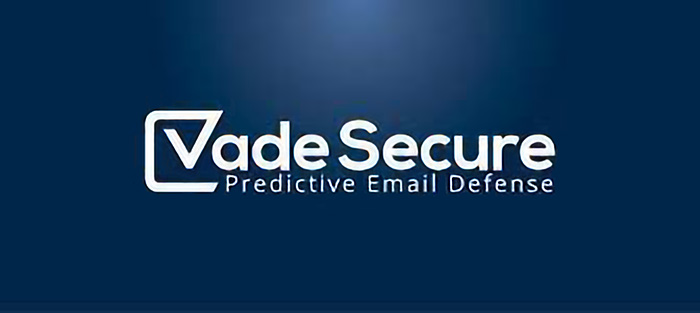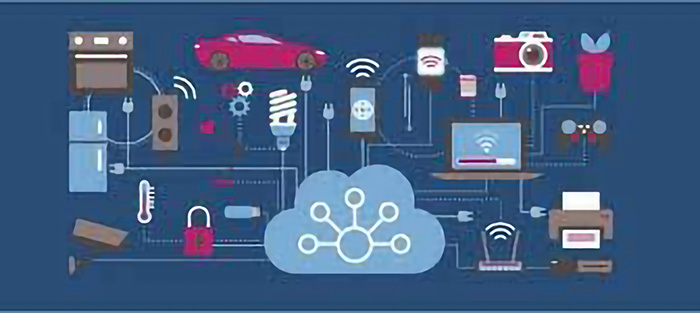Depending on who you listen to, encrypting your data can be a good thing, or it can be a bad thing.
Edward Snowden, in a new interview with the New Yorker, warns against applications that don’t provide adequate encryption or privacy: “We’re talking about encryption. We’re talking about dropping programs that are hostile to privacy. For example, Dropbox? Get rid of Dropbox, it doesn’t support encryption, it doesn’t protect your private files.”
On the other hand, Troels Oerting head of cybercrime for Europol, presented a polar opposite view on the issue of encryption. In a recent interview with the BBC he said:
“There is confusion among the good guys on the internet between anonymity and privacy. I don’t think they are the same. I think that you have right to privacy but that doesn’t mean that you have the right to anonymity. The increasing trend towards greater encryption of online communications is not acceptable”.
“Imagine in the physical world if you were not able to open the trunk of a car if you had a suspicion that there were weapons or drugs inside… we would never accept this. I think that should also count for the digital world. I hate to talk about backdoors but there has to be a possibility for law enforcement, if they are authorised, to look inside at what you are hiding in your online world.”
It’s natural for people to want to start using data encryption and this growing trend is a reaction to the exact type of surveillance that Mr Oerting refers to. Mr Oerting’s discusses the differences between the digital and physical worlds and uses the analogy of the trunk of a car. Every car trunk has a lock, and encryption is nothing more than a very good lock on data.
Law enforcement or government officials still require a warrant or similar to inspect private property in this physical world, this should be no different in the digital world. What Mr Oerting is suggesting is the same as leaving all your doors unlocked in the physical world. Not only can the government look whenever they choose to do so, but anyone else is also free to steal your car stereo as well.
Physical inspections are impossible to carry out at the same scale that our data has been subjected to in recent years. I’d be inclined to side with Mr Snowden on this debate, the whistle blower responsible for making Mr Oerting’s life a little bit more difficult.
We all have the right to privacy, and despite Mr Oerting’s protestations, we can’t rely on those in power to safeguard this. The only way to be sure of your own privacy is to take actions into your hands and encrypt your data.





